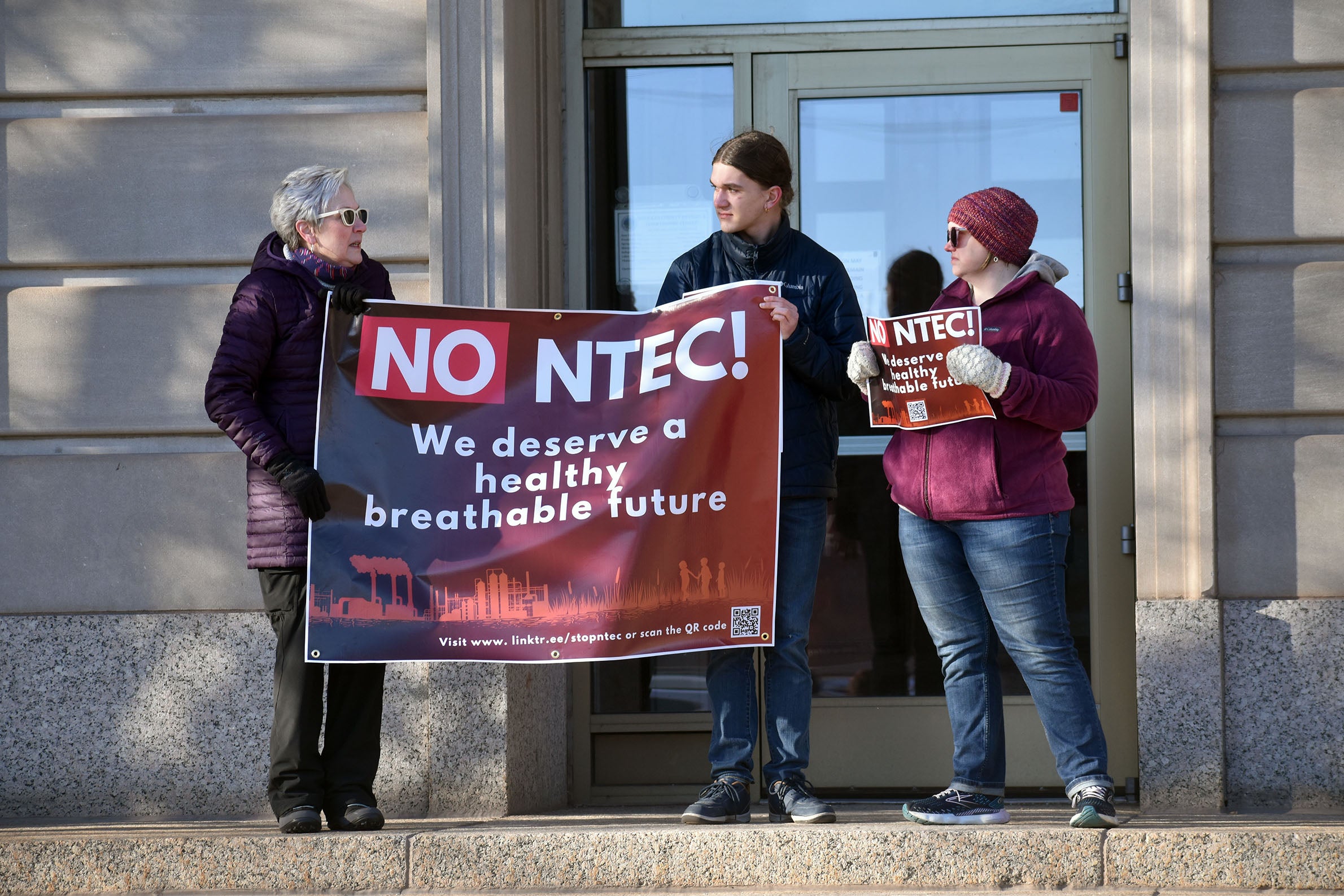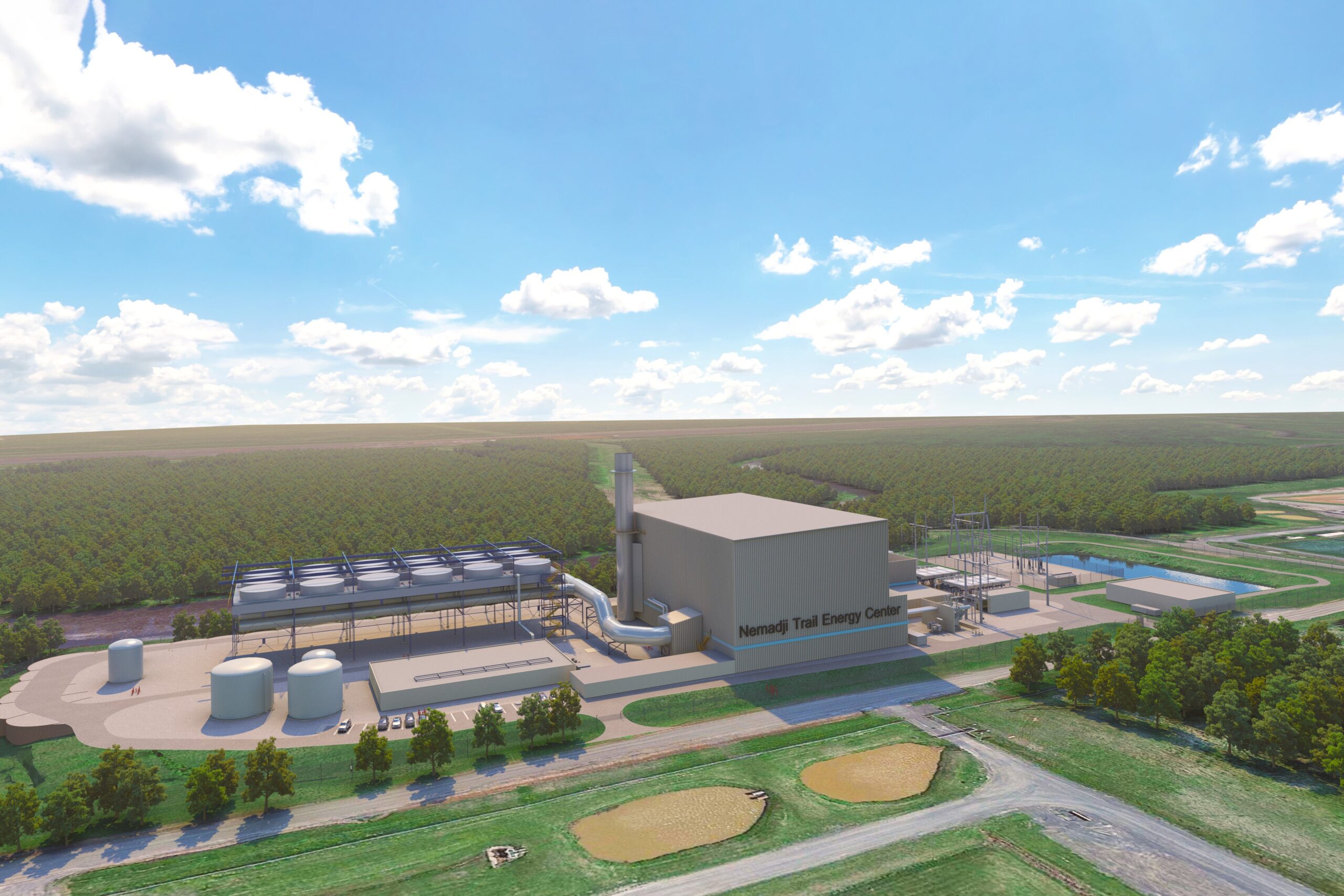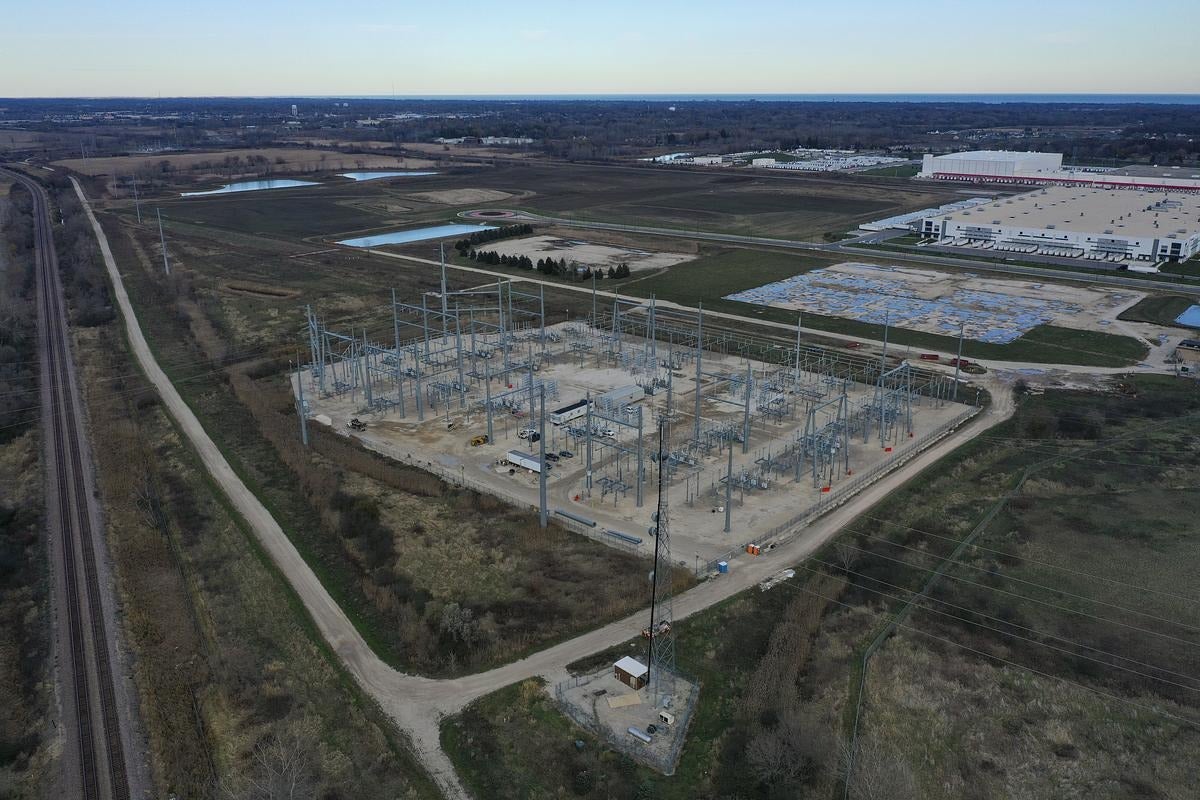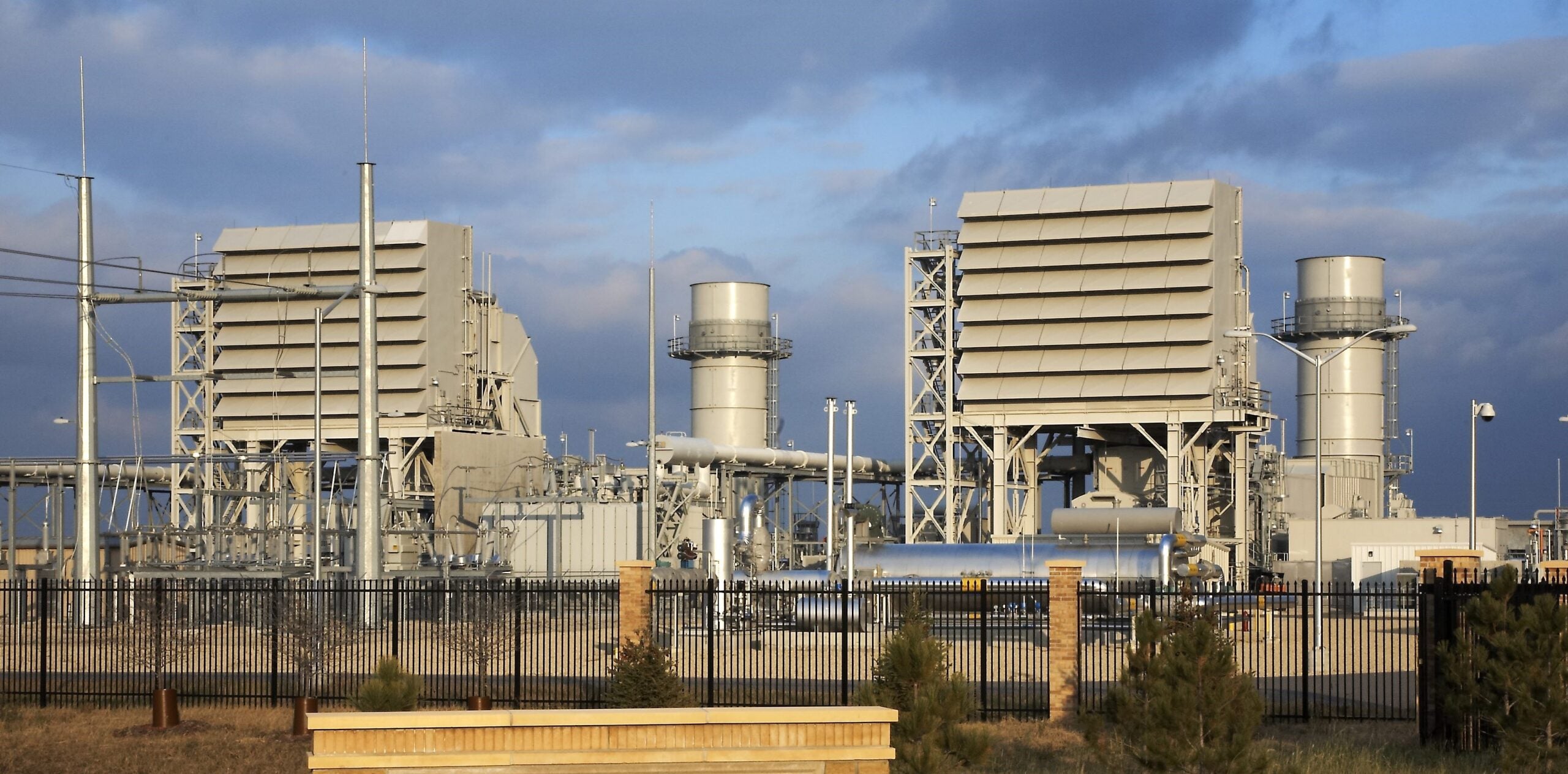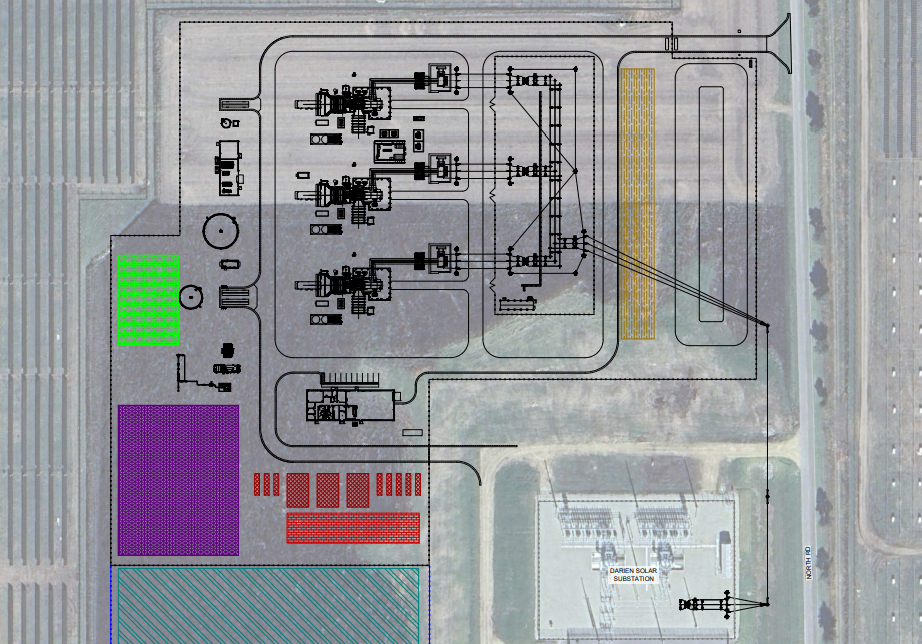The Superior City Council has essentially denied local approvals for utilities planning to build a nearly $1 billion natural gas-fueled power plant near the Nemadji River.
On Wednesday, the city council failed to set the public hearings that are required to make land use changes for the proposed Nemadji Trail Energy Center, effectively denying them.
Minnesota Power, one of the project’s owners, requested the city vacate streets and change zoning to allow the plant to move forward. The city also would have been required to change its comprehensive plan.
Dairyland Power in La Crosse is among the utilities working with Minnesota Power on the plan. They said it was necessary to maintain reliable and affordable power as they shift from coal to renewable energy.
Superior Mayor Jim Paine, who previously supported the project, said he changed his position.
“I still support the plant that they’re describing — a plant that has zero health effects, a plant that improves the climate, a plant that will benefit Superior economically. But that’s not the plant they’re building,” Paine said.
Utilities have said the plant would cut carbon emissions by nearly 1 million tons. A final environmental review said the project would reduce emissions by about 800,000 tons each year by replacing coal plants elsewhere. At the same time, it’s expected to produce 2.7 million tons each year in greenhouse gas emissions.
Minnesota Power spokesperson Amy Rutledge said in a statement Thursday that utility officials were disappointed by the lack of transparency and communication during the process, saying the city disregarded a fair process for all stakeholders.
“We are evaluating next steps with our project partners to ensure we meet our commitment to safe, reliable and affordable power in this clean-energy transformation,” Rutledge said.
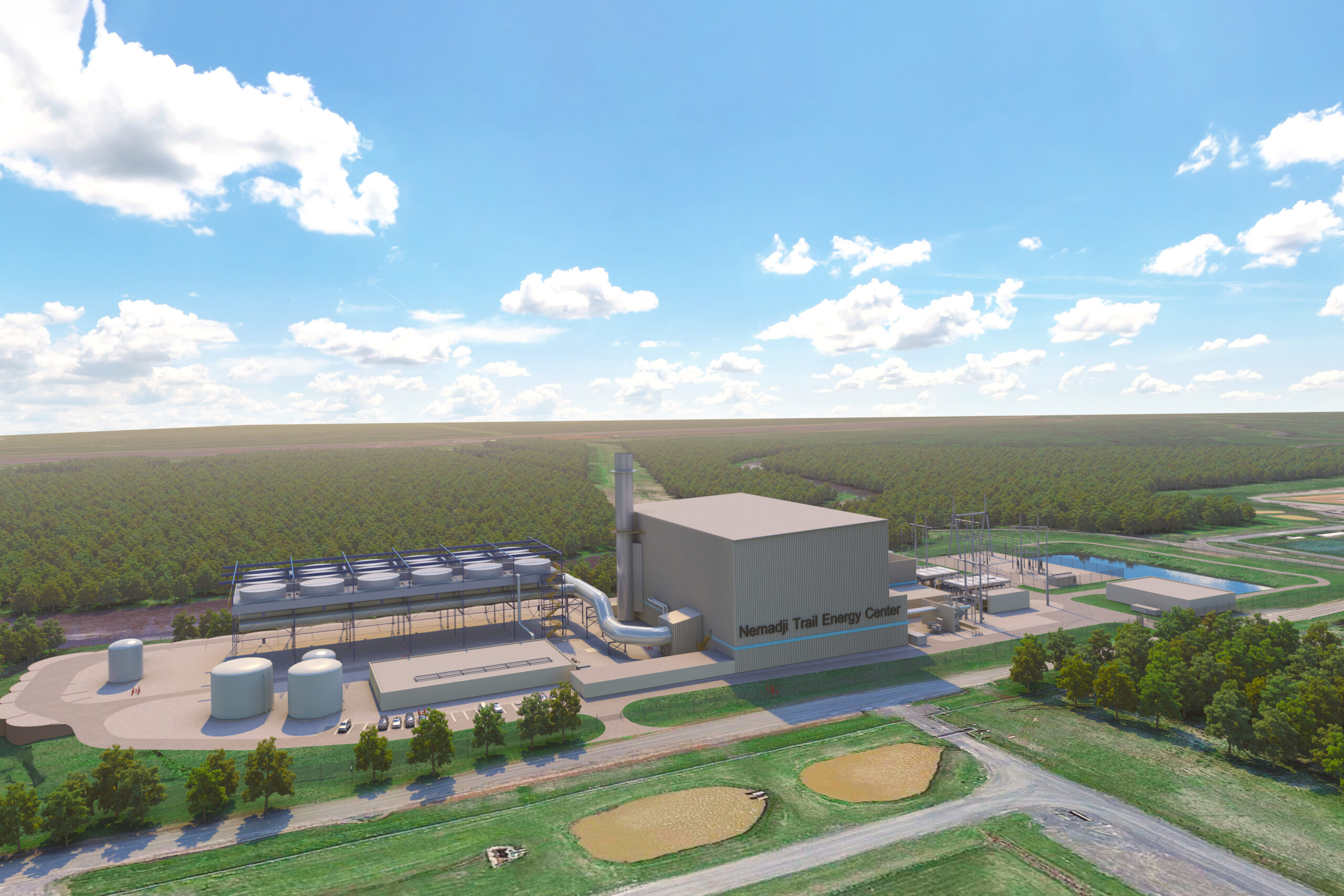
News with a little more humanity
WPR’s “Wisconsin Today” newsletter keeps you connected to the state you love without feeling overwhelmed. No paywall. No agenda. No corporate filter.
The Minnesota utility has previously said it has “legal remedies” it could pursue to challenge the city’s decision. An attorney for Minnesota Power has argued it can build the plant without any local approvals because the Wisconsin Public Service Commission already approved the project in 2020.
Paine noted the commission’s decision contained conditions that utilities must meet prior to construction, which include securing all necessary federal, state and local permits.
The project has drawn fierce debate in recent months in Superior. The plant sparked opposition among a group of residents known as Neighbors Against NTEC, as well as environmental and health advocates like the Sierra Club and Healthy Climate Wisconsin.
The plant’s supporters include Republican lawmakers, labor officials and business interests, including Wisconsin Manufacturers and Commerce and Americans for Prosperity.
Superior resident Rebecca Kelleher, a founding member of Neighbors Against NTEC, told the council prior to its decision that the group collected almost 300 signatures from residents who oppose the plant.
“Our people are making it clear we want clean air. We want health, not another major pollutant in our city,” Kelleher said. “We’ve done our share as having the only oil refinery in the state.”
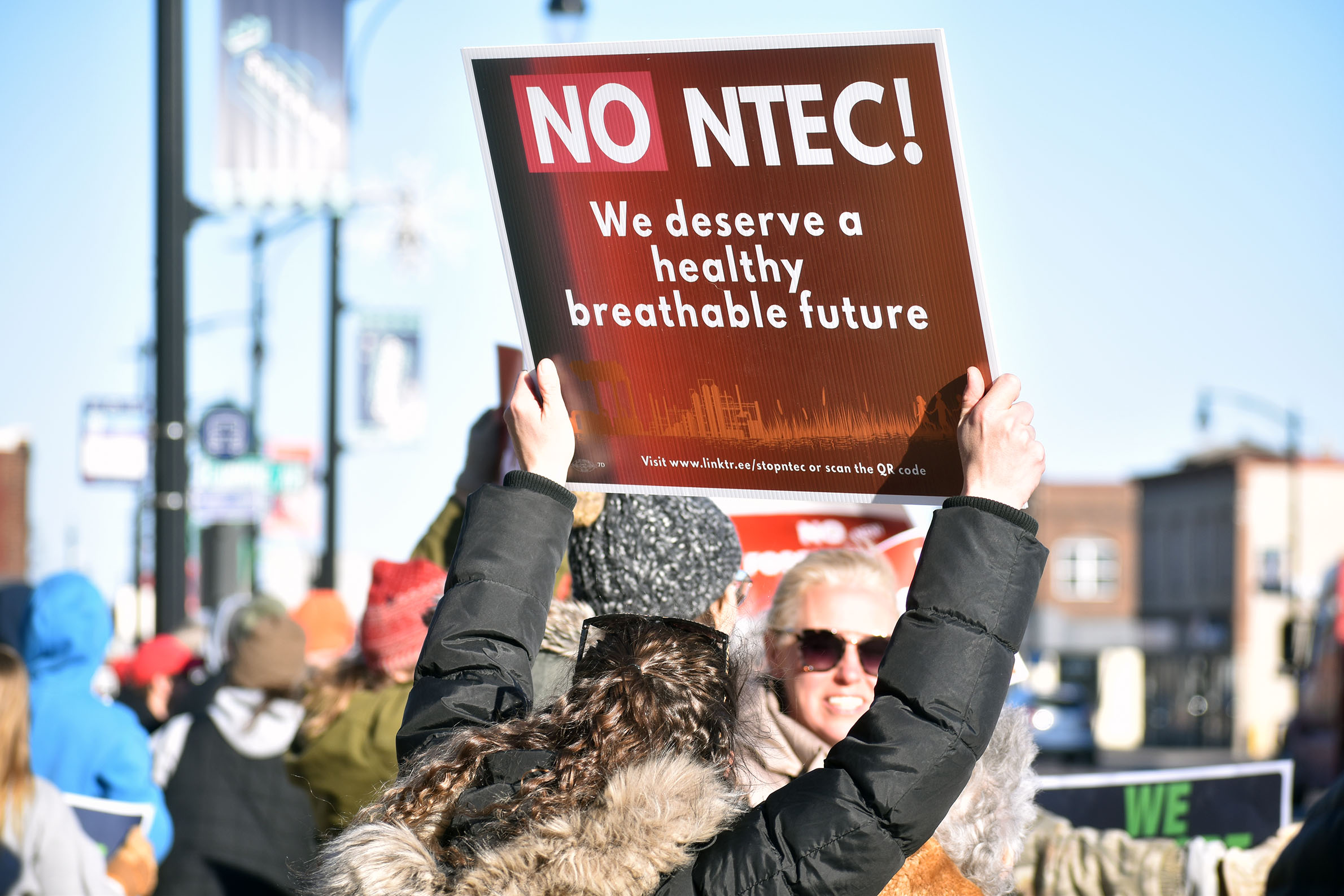
Labor officials and business interests have touted the project’s impact on jobs and the local economy. That included Dan Olson, a former Superior City Council member and business manager with the Laborers’ International Union of North America in Duluth.
“For our friends at (Neighbors Against NTEC), I appreciate that you’re talking about (286) signatures, but there’s 44,000 people in Douglas County,” Olson said.
Kevin Dupuis, chair of the Fond du Lac Band of Lake Superior Chippewa, told the council that the Rural Utilities Service ignored the tribe’s cultural resources and environmental concerns about the project. He also expressed concerns about its potential effects on a mass grave site at a nearby cemetery.
“The mass grave is directly adjacent to the proposed project and would have significant impacts, negative impacts on the site,” Dupuis said.
More than a century ago, nearly 200 of the tribe’s ancestors were reburied there after being removed from Wisconsin Point for a development project that never moved forward.
In a statement Thursday, environmental and health advocates said the plant would create more than $2 billion in climate damages, according to findings from the federal Rural Utilities Service.
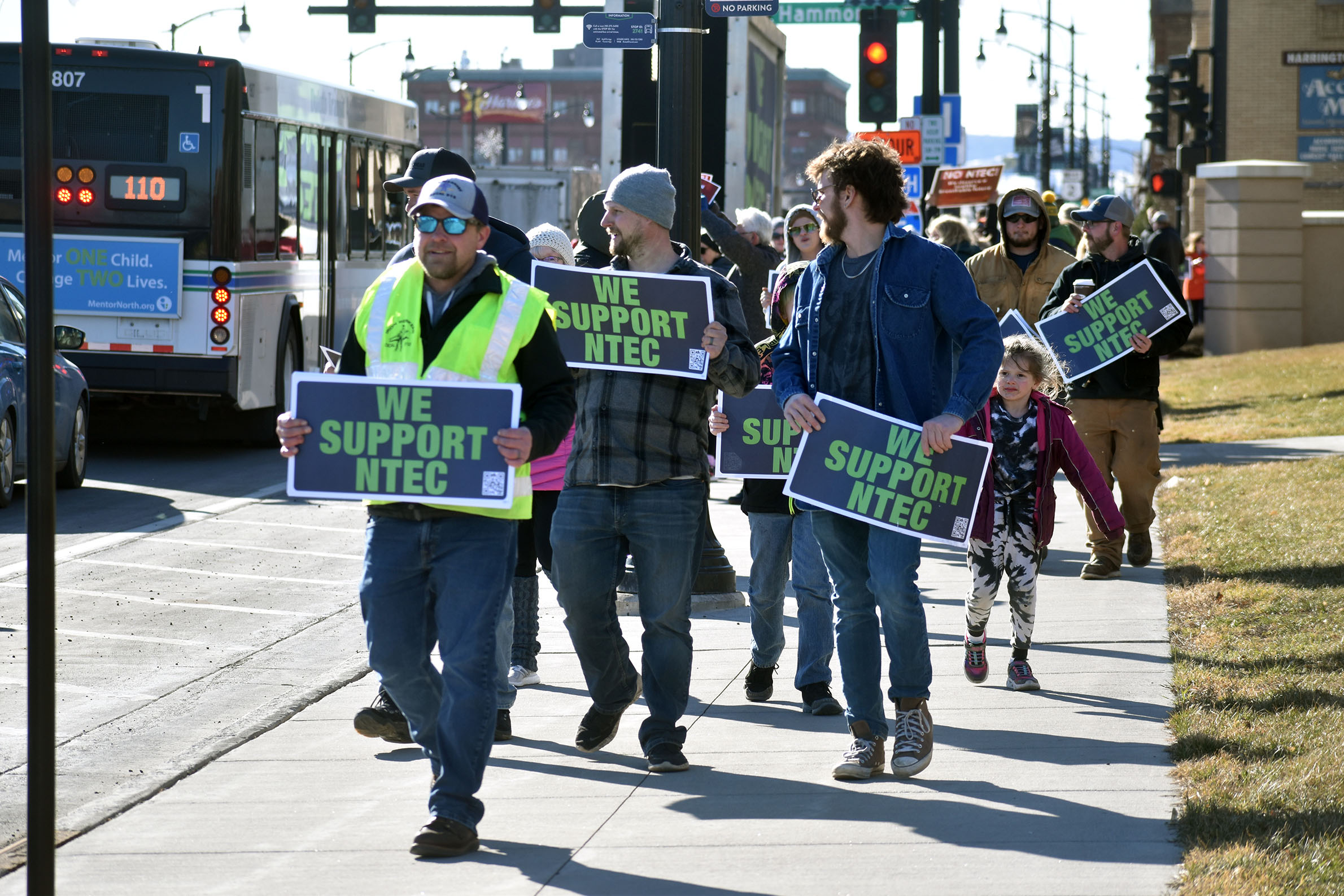
Utilities have said the plant would create around $1 million annually in tax revenues, as well as 350 construction jobs and 25 full-time jobs.
Scott Manley, executive vice president of government relations at Wisconsin Manufacturers and Commerce, said in a statement that opponents blocked a public hearing to avoid hearing “overwhelming” support for the project from the Superior community.
“The truth is that affordable and reliable energy is critical to the future economic growth of Superior, the surrounding region and all of Wisconsin,” Manley said. “We cannot afford to have politicians prioritizing a political agenda over the needs of Wisconsin families and businesses.”
Wisconsin Public Radio, © Copyright 2025, Board of Regents of the University of Wisconsin System and Wisconsin Educational Communications Board.

